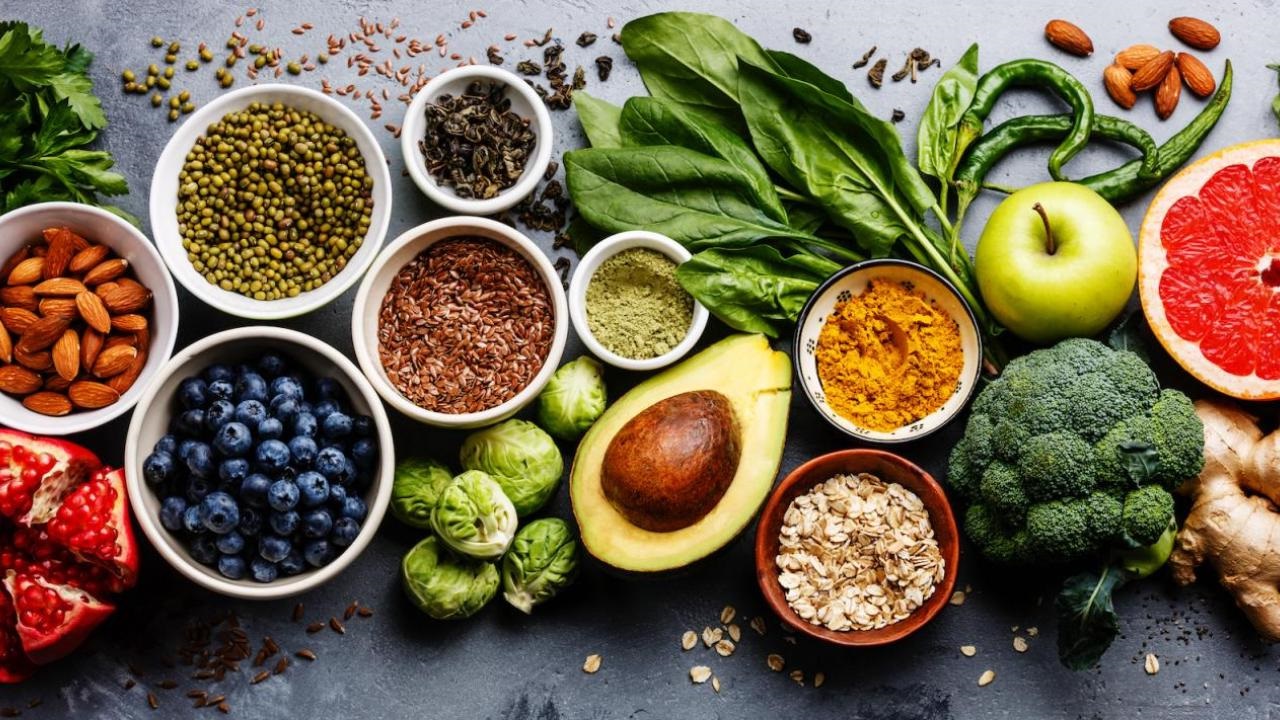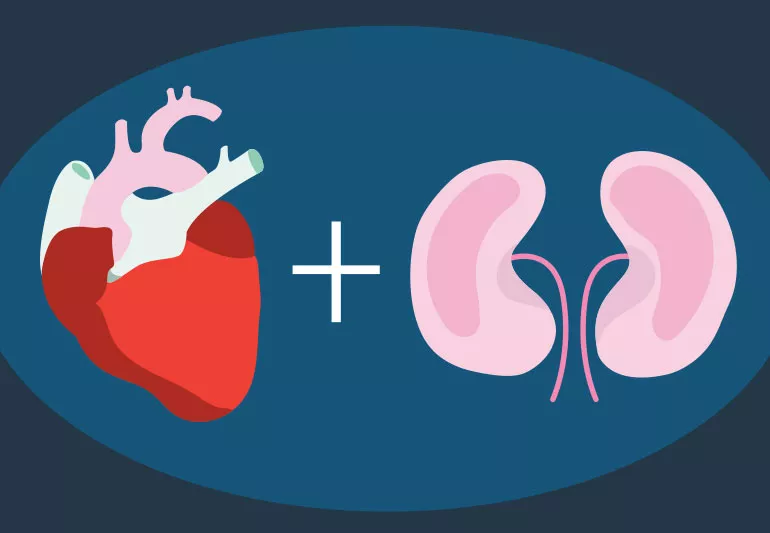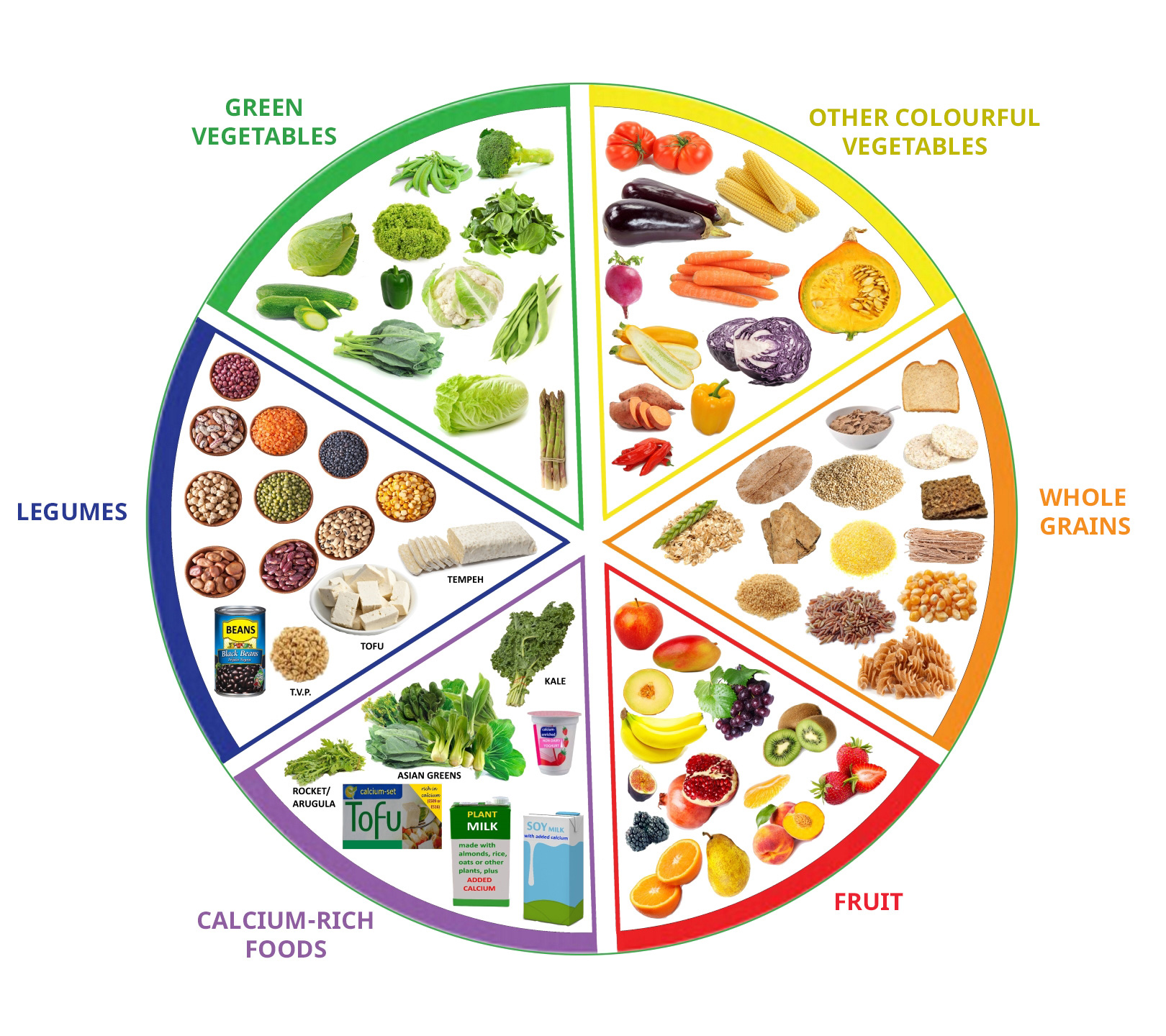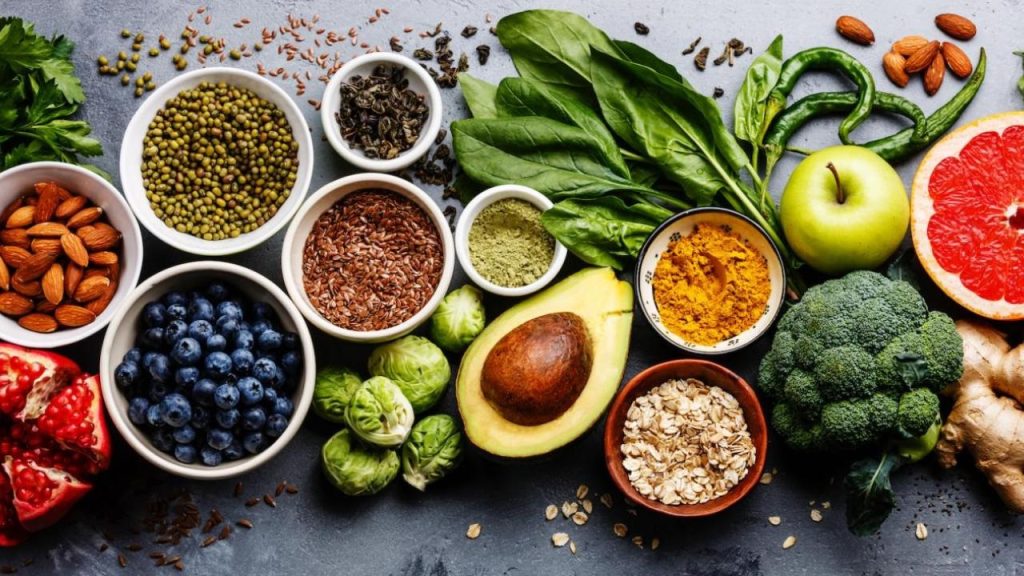In an era where health consciousness is paramount, the vegetarian diet emerges as a beacon of vitality and longevity. Embracing a lifestyle rooted in plant-based foods is not merely a dietary choice; it’s a transformative journey that offers a cornucopia of benefits for your body, mind, and the planet.
A Plant-Powered Shield Against Chronic Ailments
Imagine your body as a well-fortified castle, and your vegetarian diet as its stalwart protector. This dietary fortress is teeming with an army of nutrients—fiber, antioxidants, and phytonutrients—that work tirelessly to maintain optimal health. By prioritizing fruits, vegetables, whole grains, and legumes, you’re essentially constructing a robust defense system against chronic ailments. Lower cholesterol levels, regulated blood sugar, and reduced inflammation are just a few of the shields this plant-powered fortress provides against heart disease, type 2 diabetes, and certain types of cancer.
Delving deeper, let’s explore the specific mechanisms by which a vegetarian diet safeguards against these chronic conditions. The abundance of soluble fiber in plant-based foods, such as oats, beans, and fruits, binds to cholesterol in the digestive tract, preventing its absorption into the bloodstream. This, in turn, reduces total and LDL (“bad”) cholesterol levels, lowering the risk of atherosclerosis and subsequent cardiovascular events. Furthermore, the potassium found in leafy greens, bananas, and potatoes helps regulate blood pressure, reducing the strain on the heart and arteries.

In the realm of diabetes prevention, the complex carbohydrates in whole grains and legumes are digested slowly, resulting in gradual increases in blood sugar levels, as opposed to the sharp spikes associated with refined carbohydrates. Additionally, the antioxidants in berries, dark chocolate, and spices like turmeric combat oxidative stress and inflammation, which are implicated in the development of insulin resistance and type 2 diabetes.
Achieving and Maintaining a Healthy Weight with Plant-Based Eating
Embarking on a weight loss or weight management journey can feel like navigating a labyrinth, but a vegetarian diet can be your trusted guide. Unlike their processed counterparts, plant-based foods are naturally lower in calories and packed with satiating fiber. This dynamic duo curbs cravings and keeps you feeling fuller for longer, reducing the urge to indulge in unhealthy snacks. Moreover, the focus on whole, minimally processed foods helps optimize your metabolism, making weight management a sustainable and enjoyable endeavor.
The science behind the weight-loss benefits of a vegetarian diet is compelling. Studies have shown that individuals who adopt a plant-based diet tend to have lower body mass indexes (BMIs) and less body fat compared to their non-vegetarian counterparts. The high fiber content of plant foods contributes to this effect by promoting satiety and reducing overall calorie intake. Additionally, the lower energy density of plant-based meals means you can eat larger portions while consuming fewer calories, further aiding in weight management.

Cultivating a Thriving Gut Ecosystem with Fiber-Rich Delights
Have you ever considered the intricate ecosystem residing within your gut? It’s a bustling community of microorganisms that profoundly influence your overall well-being. A vegetarian diet, brimming with dietary fiber, serves as a nourishing feast for the beneficial bacteria that call your gut home. This symbiotic relationship fosters efficient digestion, nutrient absorption, and immune function, all while minimizing the risk of digestive woes like constipation and diverticulitis.
The gut microbiome is often referred to as the “second brain,” and for good reason. It communicates with the central nervous system, influences mood and behavior, and plays a crucial role in immune regulation. A diet rich in fiber from fruits, vegetables, and whole grains provides the fuel necessary for beneficial bacteria to flourish, creating a balanced and healthy gut environment. This, in turn, can lead to improved digestion, enhanced nutrient absorption, and a strengthened immune system.

Unlocking a Myriad of Additional Wellness Perks
Beyond the aforementioned benefits, the ripple effects of a vegetarian diet extend to numerous other facets of health. Research has linked plant-based eating to lower blood pressure, improved kidney function, and a reduced risk of gallstone formation. The plant-based lifestyle may even hold the key to enhanced cognitive function, as emerging studies suggest a potential link between vegetarianism and brain health.
For instance, the nitrates found in leafy green vegetables can be converted into nitric oxide in the body, a molecule that relaxes blood vessels and improves blood flow, thereby lowering blood pressure. The high potassium content of plant-based foods also helps counter the effects of sodium, further contributing to blood pressure regulation. Moreover, a vegetarian diet’s emphasis on whole foods and low sodium intake can ease the burden on the kidneys, promoting optimal renal function.

Navigating Nutritional Needs on Your Vegetarian Voyage
Embarking on a vegetarian journey necessitates a thoughtful approach to ensure your body receives all the essential nutrients it requires. Protein, iron, calcium, vitamin B12, and omega-3 fatty acids are all readily available from plant-based sources, provided you consume a diverse and balanced array of foods. Don’t hesitate to seek guidance from a registered dietitian to personalize a meal plan that aligns with your individual needs and preferences.
Some key strategies for meeting your nutritional needs on a vegetarian diet include incorporating a variety of protein sources, such as beans, lentils, tofu, tempeh, and quinoa. To enhance iron absorption, pair iron-rich foods like spinach and lentils with vitamin C-rich foods like citrus fruits or bell peppers. For calcium, consider fortified plant milks, tofu, and leafy greens. And if you’re concerned about vitamin B12, which is primarily found in animal products, opt for fortified foods or supplements.

A Sustainable and Compassionate Choice for the Planet and its Inhabitants
The benefits of a vegetarian diet extend far beyond personal health. By opting for plant-based foods, you’re actively contributing to a more sustainable and compassionate world. A vegetarian lifestyle significantly reduces your carbon footprint, conserves water resources, and minimizes land usage. Additionally, by abstaining from animal products, you align yourself with the principles of animal welfare, promoting a kinder and more ethical food system.
The environmental impact of animal agriculture is substantial, contributing to deforestation, greenhouse gas emissions, and water pollution. By choosing a vegetarian diet, you’re essentially voting with your fork for a more sustainable food system that prioritizes the health of the planet and its inhabitants. It’s a small but impactful step towards a greener future.

In sum, embracing a vegetarian diet is a transformative decision with profound implications for your health, the environment, and the well-being of animals. It’s an invitation to nourish your body with the vibrant energy of plants, unlock a spectrum of health benefits, and contribute to a more sustainable future. As you embark on this enriching journey, remember to prioritize balance, variety, and mindful eating, savoring the plethora of flavors and textures that the plant kingdom has to offer.

Hello, I’m Elaria Jackson, the author behind Vegan Castle. I have a background in Nutrition Science and Culinary Arts. I’ve studied the benefits of a plant-based diet and its impact on health and the environment. I’ve attended various vegan cooking courses and workshops. Through Vegan Castle, I share easy weeknight meals and decadent desserts. I aim to be a valuable companion on your vegan journey.

